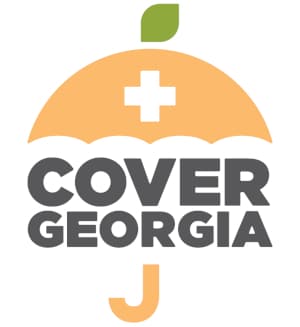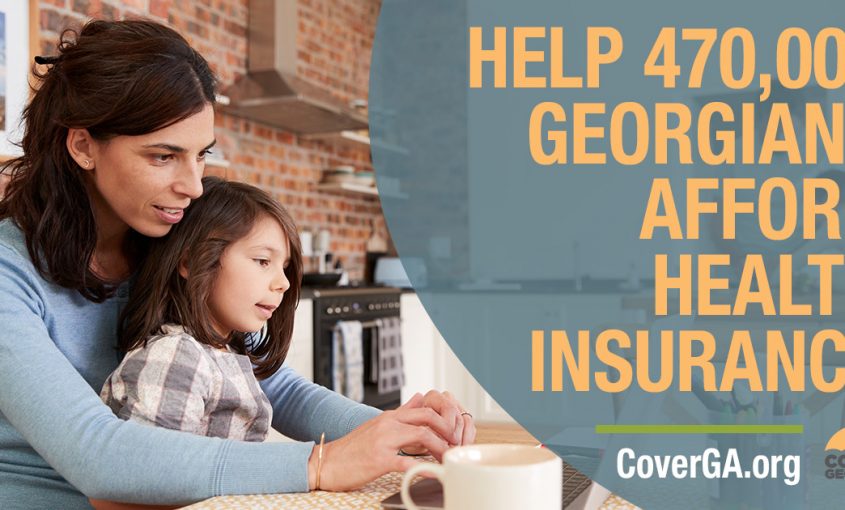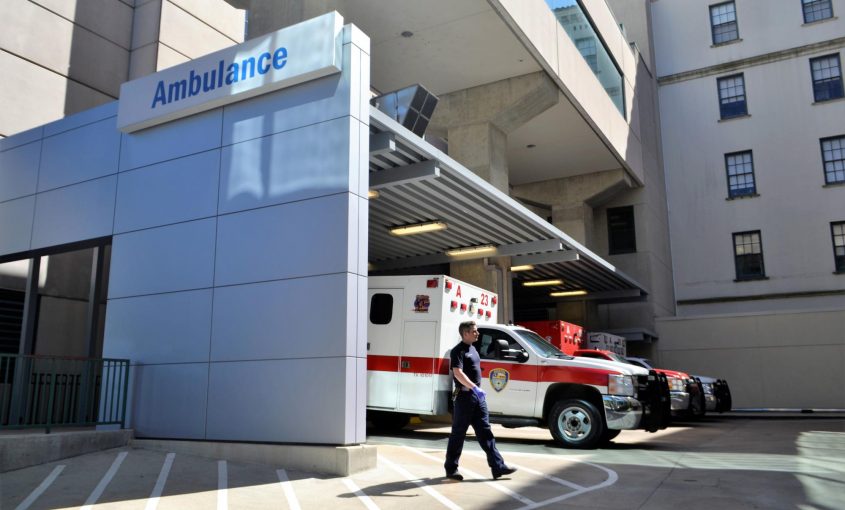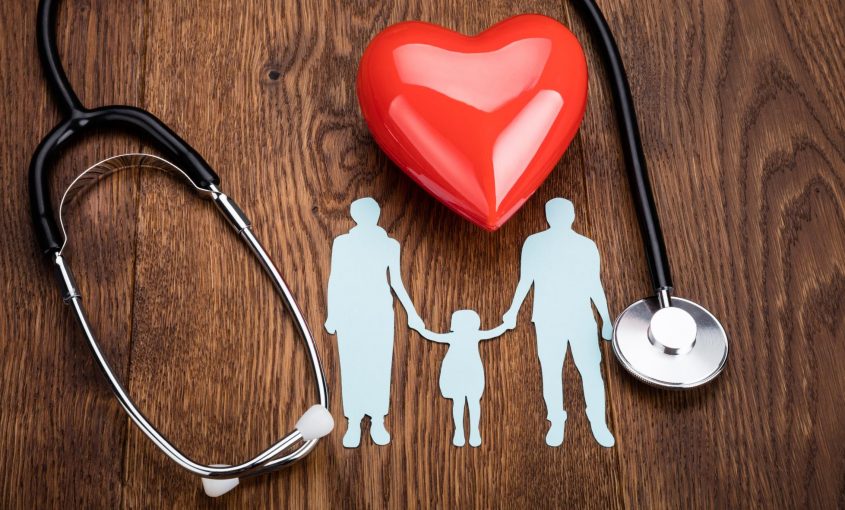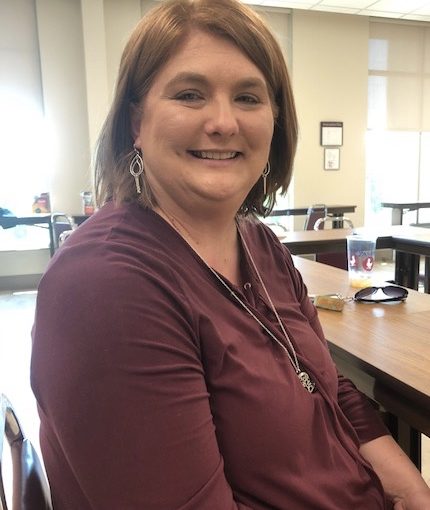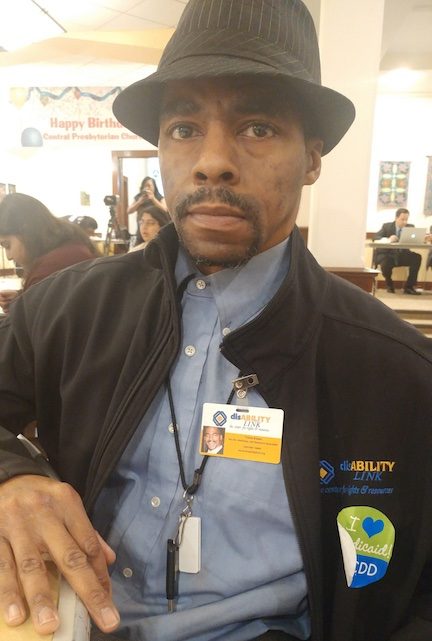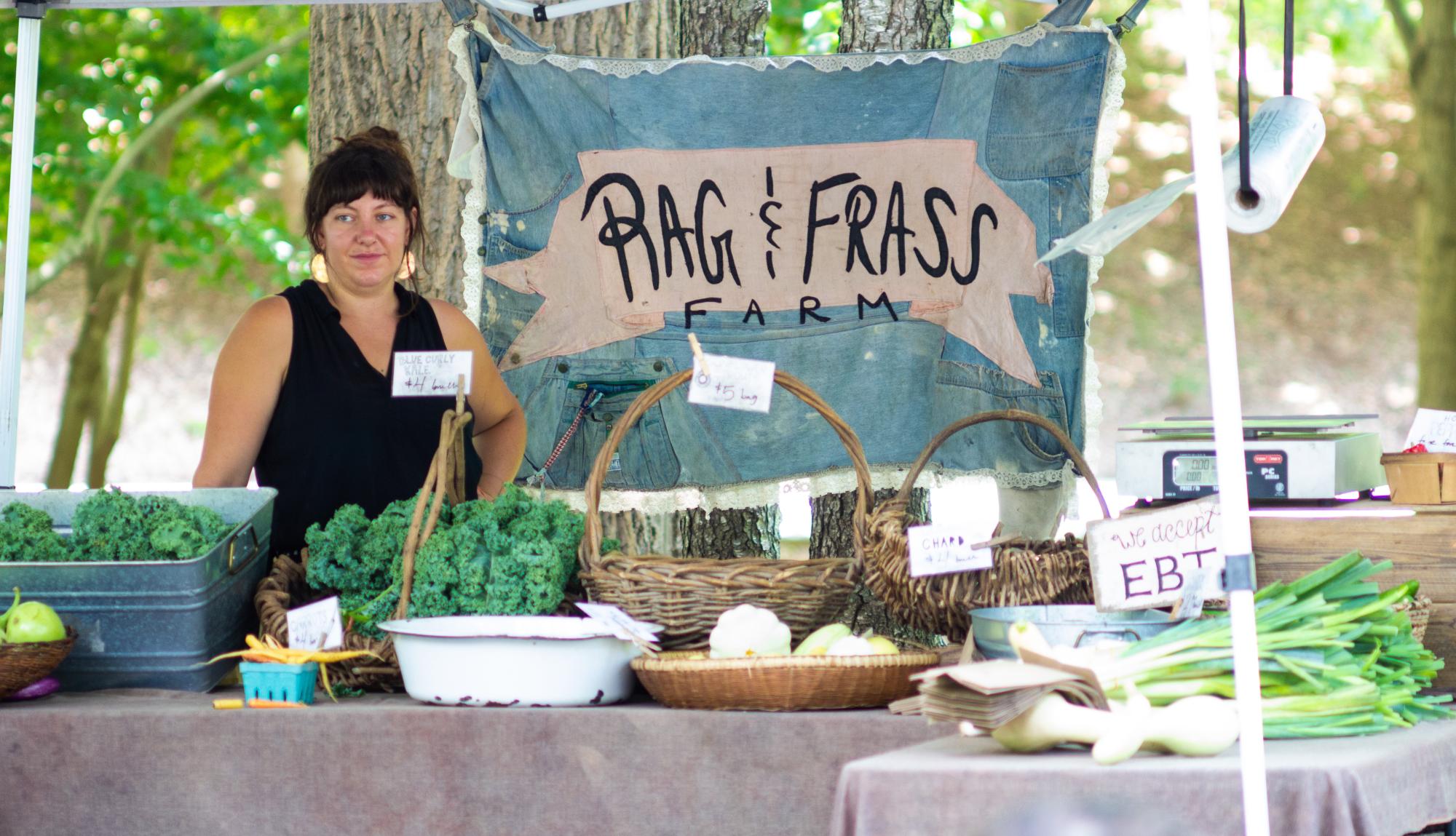
Many farmers struggle to protect most valuable part of their farm: themselves
Originally posted by the Georgia Budget and Policy Institute Julia Asherman is a first-generation farmer who owns and operates Rag & Frass Farm in Twiggs County. Rag & Frass produces beautiful vegetables, fruits and specialty flowers for customers throughout Middle and North Georgia. “I feel like farming is just very fulfilling,” says Julia, “I’ve always been a plant person.” As an entrepreneur and small business owner, Julia wears all the hats in her company. She works
